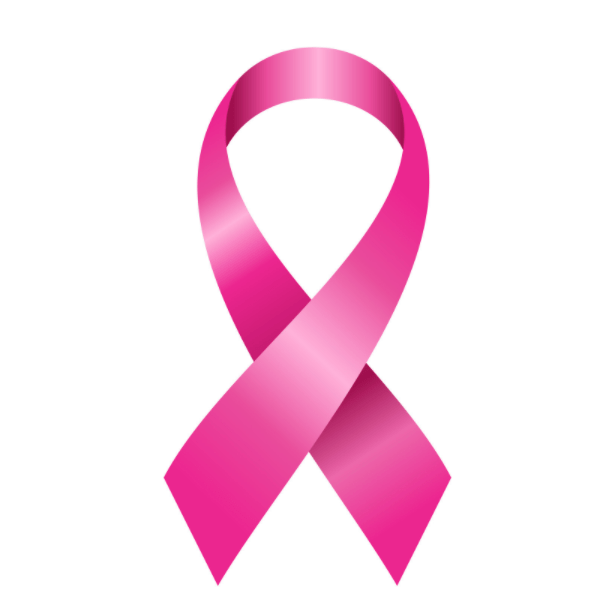Jana Basil, MS, LGC
Hereditary breast cancer, HBOC, BRCA1, BRCA2. By the end of graduate training, most genetic counseling students have been inundated with hereditary breast and ovarian cancer (HBOC) cases and may feel this is one indication they are competent to handle. And yet, it is critical to remember while HBOC may feel “common” or “bread and butter” to cancer genetic counselors, for patients walking into a genetic counseling appointment, this diagnosis may be earth-shattering.
I was recently reminded of this when meeting with a 20-year-old woman who had just received the news she has a BRCA1 mutation. Her mother, the proband, was battling stage IV breast cancer and had received her positive result just weeks earlier. Testing of subsequent family members revealed two additional aunts, an uncle, and a cousin were also positive, while another aunt and three cousins tested negative. Over the course of several days, as my fellow genetic counselor and I reached out to each member of this large family to disclose the results, we were met with enormous sighs of relief or choked back sobs as another devastating blow was dealt. It was sobering to experience the ripple effect of one person coming in because she had been tested for “the gene” without understanding the full implications for her family.
This experience reminded me of the delicate balance of our profession: educating patients of the medical impact of genetics (and being frank with significant risk figures) and helping them navigate the raw emotions that accompany the discovery of that knowledge. Unfortunately, for those of us who prefer methodical, logical reasoning, there is not a perfect formula for counseling individuals who are grieving, distraught, and fearful of such devastating news. I often find myself replaying conversations and thinking about how I could have said something differently to improve the session.
As our understanding of cancer and genetics improves, with more expansive testing, better understanding of the results, potential targeted therapeutics, I am challenged to keep up with the newest literature. I strive to ensure that I educate my patients and colleagues on the latest in cancer genetics. However, it is just as important to step back and practice the skill of self-reflection that was drilled into us during graduate school. I think about how I handled that difficult conversation. Was I empathetic and kind? Or did I rush through the results disclosure to move on to the next task in my day? In thinking about these acutely personal conversations with patients, I am reminded to continue to strive to build my psychosocial counseling skills.
When asked why I wanted to be a genetic counselor, my answer is I have a keen interest in genetics, enjoy teaching others about genetics, and I feel purposeful when I can be there for people and counsel them through a difficult season. It is a privilege to walk with these patients during such sensitive, intense, pivotal moments in their lives. My hope is that my being there somehow helps them on their journey, and I am grateful to have a profession that allows me to do so.
